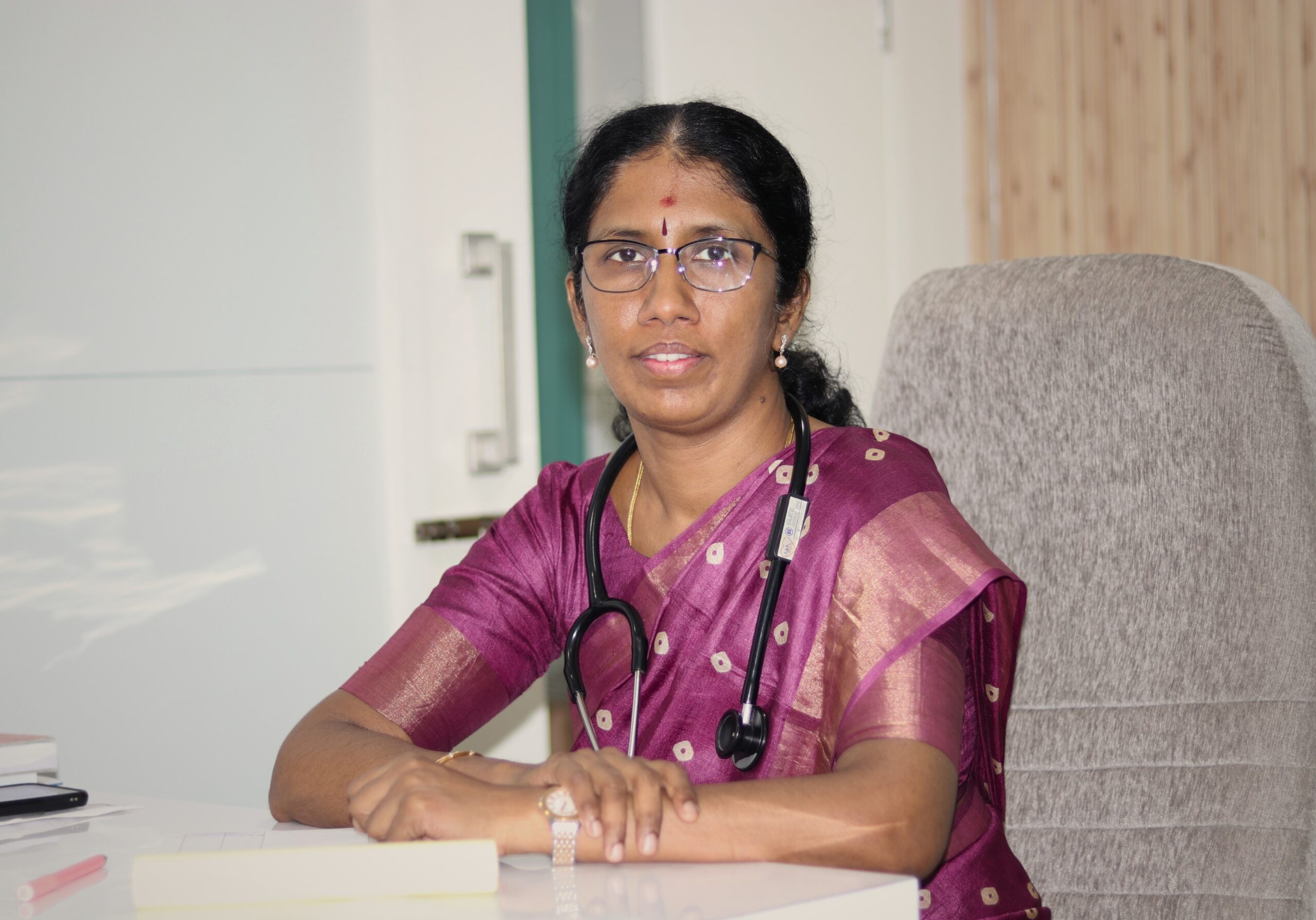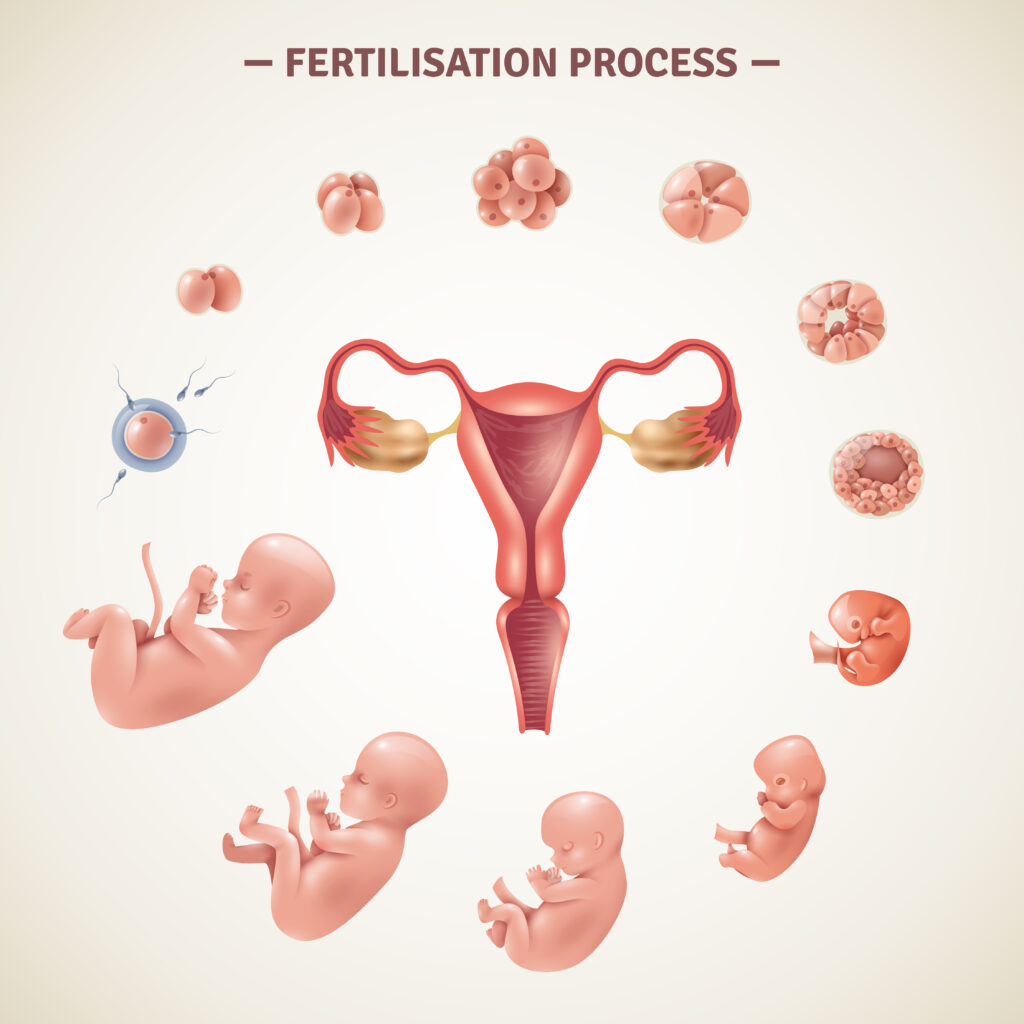Vikram Fertility & Women'S Centre
- Home
- /
- In Vitro Fertilisation (IVF)
Meet Our Team
The Vikram Hospitals plays a statewide services includes the Acquired

DR. SUNITHA MD(DGO)., FRCOG(UK)
Medical Director-Vikram Feritility & Women's Centre
Vikram Fertility & Women'S Centre
At Vikram Fertility & Women’s Centre, the In Vitro Fertilization (IVF) unit, led by Dr. Sunitha MD(DGO), FRCOG(UK), stands as a guiding force for individuals and couples navigating the realm of assisted reproductive solutions. As the distinguished Medical Director, Dr. Sunitha brings a wealth of experience and expertise to the forefront of the fertility journey. With a background in Obstetrics and Gynecology and a prestigious Fellowship from the Royal College of Obstetricians and Gynaecologists in the UK, Dr. Sunitha has become a trailblazer in the field of reproductive medicine.
The IVF unit, under her guidance, is dedicated to providing personalized and cutting-edge fertility treatments. The center’s holistic approach, state-of-the-art facilities, and a committed team of fertility specialists make Vikram Fertility & Women’s Centre a trusted destination for those embarking on the path to parenthood. Dr. Sunitha’s leadership ensures that each patient receives compassionate care, tailored treatment plans, and the highest standard of medical excellence in their pursuit of building a family.

SERVICES:
- Comprehensive Fertility Assessments
- Ovulation Monitoring
- In Vitro Fertilization (IVF)
- Intrauterine Insemination (IUI)
- Egg Retrieval and Sperm Collection
- Embryo Transfer
- Donor Egg and Sperm Programs
- Fertility Preservation (Egg and Sperm Freezing)
- Preimplantation Genetic Testing (PGT)
- Surrogacy Services
- Fertility Counseling and Support
- Male and Female Infertility Evaluation
- Hormone Therapy for Ovulation Induction
- Laparoscopic and Hysteroscopic Surgeries
- Treatment for Polycystic Ovary Syndrome (PCOS)
- Endometriosis Management
- Recurrent Pregnancy Loss Evaluation
- Collaborative Care with Urologists for Male Infertility
- LGBTQ+ Family Building Services
- Holistic Approaches to Fertility, including Acupuncture and Nutrition Support
- Fertility Education and Workshops
- Second Opinion Consultations
- Multilingual Support Services
Frequently Asked Questions
How successful is IVF in achieving pregnancy?
The success of IVF varies depending on several factors, including the woman’s age, the cause of infertility, and the clinic’s expertise. On average, the success rate for IVF in the United States is around 20-35% per cycle. Your fertility specialist can provide a more accurate estimate based on your specific situation.
Are there any age limitations for undergoing IVF?
While there is no strict age limit for IVF, success rates tend to decline with age, particularly after the age of 35. However, many clinics offer IVF to women in their 40s and even early 50s, depending on their overall health and specific circumstances.
What are the potential risks and side effects of IVF?
IVF may carry some risks and side effects, including a higher chance of multiple pregnancies (twins or more), ovarian hyperstimulation syndrome (OHSS), and a slight increased risk of birth defects. Additionally, the process can be emotionally and financially challenging. Your healthcare provider will discuss these risks and potential complications with you before starting treatment.

